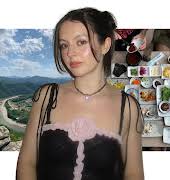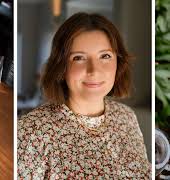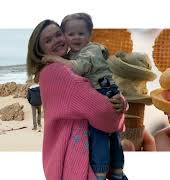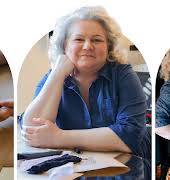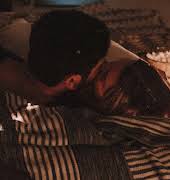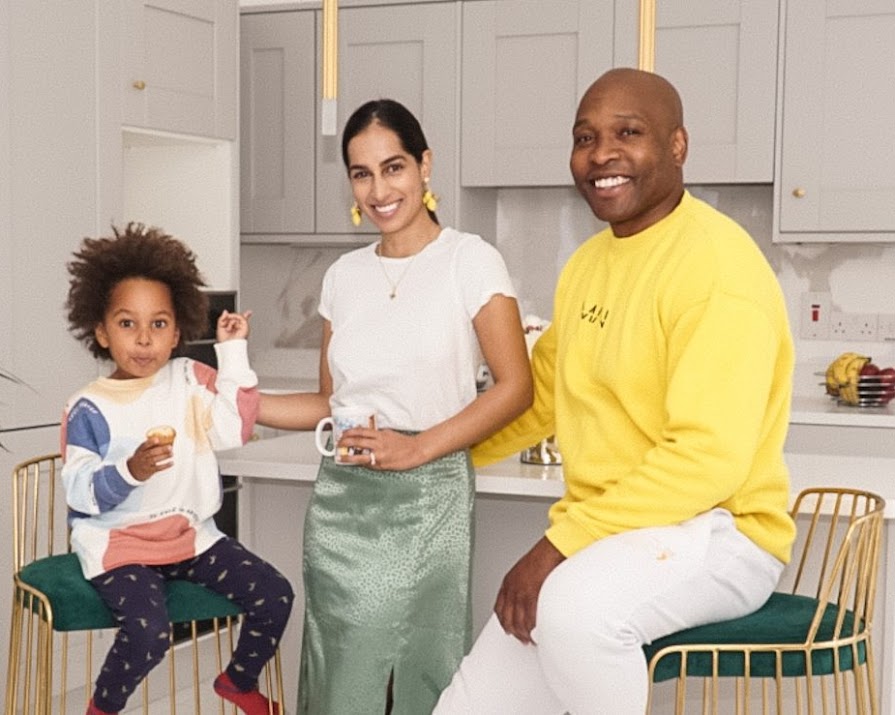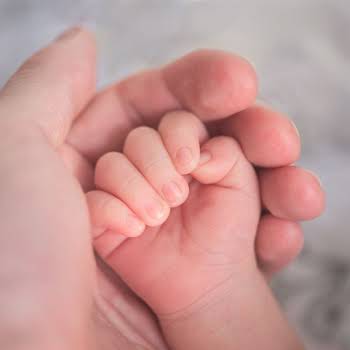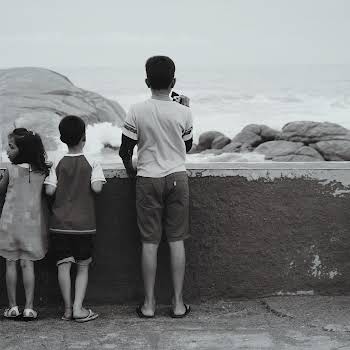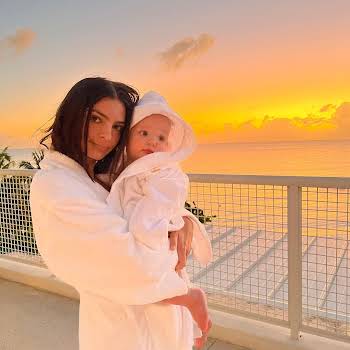
Racism in Ireland: “People would say things like ‘go back to your own country'”
By Edaein OConnell
20th Jul 2020
20th Jul 2020
Siobhan McCauley of they.wanderlust talks about her and her family’s experience of racism in Ireland and the work we all need to do to effect change.
“A lot of the time, people call it a sensitive issue.
“That’s the problem.”
These are words spoken by Byron Kumbula in an IGTV video at the beginning of this month. In the wake of George Floyd’s death and the global protests, Byron and his wife Siobhan McCauley shared their experiences of racism in Ireland and further afield.
Sensitive is a word that implies a need to be soft and careful – remember to tread lightly. But that won’t cut it here. For real change to happen, we must become uncomfortable first.
The discourse has to be tough and unforgiving. And these conversations are just one of the steps Siobhan believes can lead to a shift when we speak over the phone a few weeks later.
Microaggressions
Siobhan tells me of a recent encounter she had with a friend and two acquaintances who were white. The conversation moved to the Black Lives Matter movement and one commented: “I’m really sick of seeing Black Lives Matter. I’m really fed up about it. Enough is enough. People are causing violence.”
Before Siobhan could reply, the two other women present challenged the comment. “They jumped in and said ‘did you just say you were sick of it? How could you be?’ The conversation really opened up and it was phenomenal to see white people confronting it.”

For Siobhan and Byron, it has been a tiring journey. Acts of overt racism and micro-aggressions have chipped away at their being, leaving scars. “For as long as I can remember, I have had so many incidences of racism and inequalities, never having the same opportunities other people do, and each time another small thing happens it’s like a little cut.”
“Byron put it in a very good way by saying every day when we leave our house we are in a state of hypervigilance. And we are not saying we expect someone to pull up beside us with a gun, what we mean is we have to prepare ourselves mentally and physically for little interactions and microaggressions that may happen. No one should have to live that way.”
Worry
Every parent worries for their child, but Siobhan and Byron’s worries are enhanced because of the colour of their son’s skin. Mason, 5, has an afro that has already been subject to insensitive commentary. “An afro has a different texture to our hair, the natural texture is rough, that’s just the way it is. I was collecting him one day, and a mother said to me ‘I can’t believe you don’t brush your son’s hair. He really needs some gel. It looks scruffy and dirty.”

Siobhan explains she has learned to grin and bear situations such as this and switched to safety mode to protect herself and Mason. “If I had said something back to her, it would have made it harder for my son and may have been passed back to the school. The excuse of ‘Oh, she’s a typical black woman being loud and aggressive’ would have been made and no positive outcome would come of that.”
She continues: “We drove back home and he asked me ‘you like my hair don’t you?’. I told him that of course, I do. Mummy loves your hair. But the interaction obviously triggered him to ask that question.”
Siobhan moved to Ireland from Zimbabwe when she was 12. The biggest change for her was feeling for the first time in her life that she was different. “Growing up in Zimbabwe my school was very multicultural, there was lots of expats, children from places like China and India. We were very mixed and integrated, so I didn’t know what racism was.
“Then when I was in Ireland I realised that my dad was someone that could save me. He was like a saviour figure because if anyone tried to hurt me in school, I quickly realised that white was superior. That was very difficult for me because it made me want to be white. I wanted to be like my Irish friends. White was beautiful, white was better. Anyone who was popular in school was not a person of colour. And then people would say things like ‘go back to your own country’.
“Obviously as I have gotten older, it’s really sad to think I had those thoughts.”

Discrimination
Siobhan and Byron also work as travel bloggers (they.wanderlust) outside of their daily professions. Through this industry, they have witnessed and experienced the effects of discrimination. On marrying, Byron advised Siobhan not to take his second name as he knew it would make her life easier.
“Even that little bit of lightness in my skin gives me an actual cushion in comparison to Byron who is fully black. When we travel, Byron is always pulled in immigration. I can put my passport right through without a problem because I am Siobhan McCauley. White people, Mason and I are not stopped, and then we have to wait back and wait for all the questions that they ask Byron that they ask nobody else, even though his passport is filled with stamps because he works in aviation.”
In the world of social media work, inequalities linger. It is a conversation Siobhan opened up and while she received some backlash, there was a substantial amount of positive support from PR companies who said they can see that briefs, by default, are more tailored to white people.
“Because of something that is embedded in someone’s mind that if you give the product to me, people will automatically see colour and there is a higher probability of them buying from a white person. This needs to be eradicated from people’s minds.
“All my work comes from the UK. I think I have only worked on two occasions with fully Irish brands and they are amazing and so supportive to me. But otherwise, at events, there would be me, a black person and maybe an Asian person, kind of like the token people they have to invite just in case.”

Opportunities
For the future, Siobhan simply wants equality, and for her son Mason to have the same opportunities as everyone else. “I want him to get the same chances and experiences based on how intelligent he is and how hardworking he is – not on the colour of his skin.”
Our chat ends on the topic of racial discourse: how important it is and why it is the time to speak up and not stop. Doing the IGTV video and even speaking now, Siobhan says for her and Byron it was “liberating and painful at the exact same time”.
“But it goes back to the core. If we do not open our mouths, nothing will change.
“Now is the time.”
You can follow Siobhan for more at they.wanderlust on Instagram
Read more: The #BlackApparelArts challenge invites artists to reimagine fashion iconography
Read more: ‘The past few weeks have dredged up difficult memories’– growing up as Irish-Nigerian in Ireland
Read more: ‘Don’t feel guilty for being white – do something with it’ Dr Ebun Joseph speaks out

